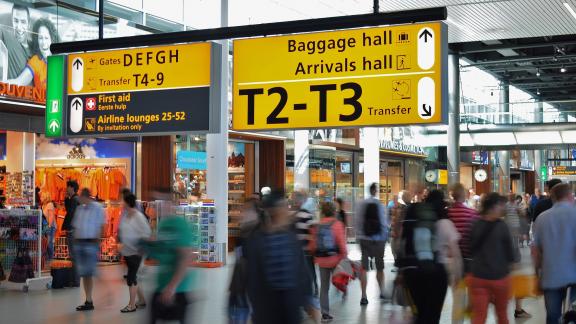In conjunction with the Disclosure and Barring Service (DBS), NHS Employers hosted a three-part series of webinar workshops exploring the different aspects of undertaking DBS checks to help employers understand the requirements.
The webinars
Colleagues from the DBS presented on the following topics and concluded with a Q&A at the end of each session:
- Disclosure and eligibility
- Barring and the legal duty to make referrals
- The DBS Update Service and the benefits to NHS organisations.
The recordings for each webinar can be found below, along with responses to some unanswered questions from the first two sessions.
- Download this chapter
- The webinars
Disclosure and eligibility
On 26 June we are hosted the first in our series of webinars, in partnership with the DBS.
The webinar was aimed at individuals in recruitment and HR roles (and only accessible to those who are based within an NHS organisation). This session provided an opportunity to learn more about the different levels of DBS checks and how to determine eligibility for different roles.
Watch the webinar
Questions and answers
- Download this chapter
- Disclosure and eligibility
Barring and referrals
On 27 June we are hosted the second webinar, in partnership with the DBS.
The webinar explored barring and an employer's legal duty to make referrals to the DBS.
Watch the webinar
Questions and answers
Can I request/access the statistics for referrals made by my organisation? Ie how many referrals have been made by my organisation to the DBS?
If an organisation would like this information they can request this via a Freedom of Information request and the DBS Legal team will explore whether this information can be provided.
- Download this chapter
- Barring and referrals
DBS update service
On 16 July we are hosted our third and final webinar in a series with the DBS.
The session provided an opportunity to learn more about the DBS Update Service and the benefits to organisations in its use.
Watch the webinar
- Download this chapter
- DBS update service



